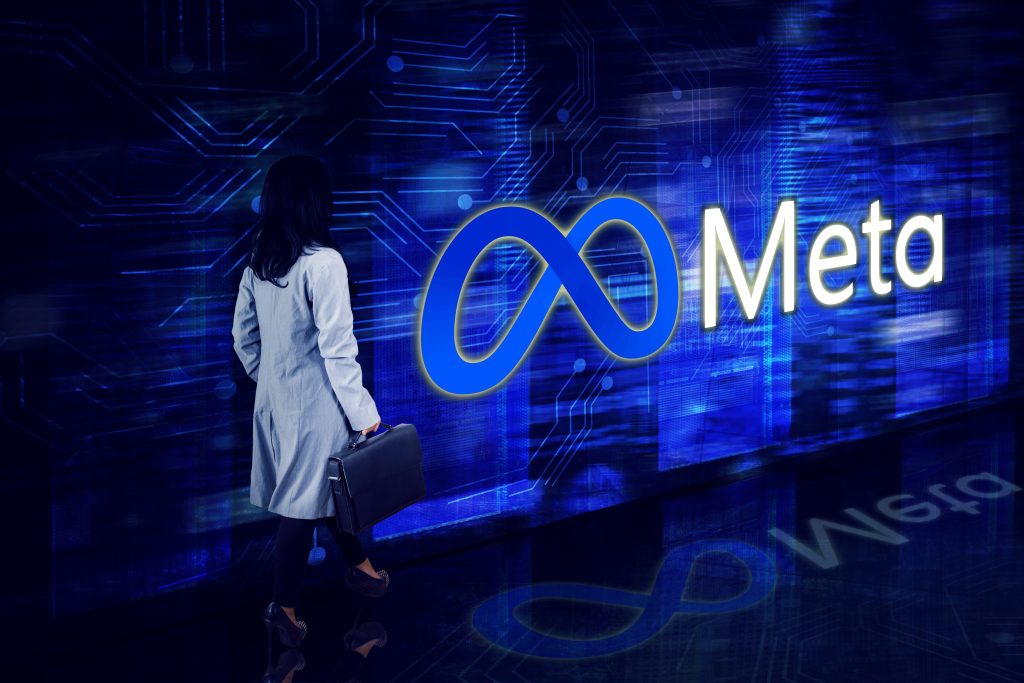Meta joins the tech giants’ race for AGI
Meta CEO Mark Zuckerberg revealed that the company’s long-term vision is to develop AGI and make it open source.

Meta, the parent company of Facebook, has entered the race for Artificial General Intelligence (AGI). Meta CEO Mark Zuckerberg revealed that the company’s long-term vision is to develop AGI and make it open source.
However, despite the intensive tech giants’ race, no concrete definition of AGI has been established by these companies, nor have they identified how they will determine if they have achieved it. Defining AGI poses a considerable challenge, as there is no consensus on its definition or a testable method to assess its attainment. When asked, Zuckerberg struggled to provide a concise definition but emphasised the importance of AGI’s broad capabilities, including reasoning and intuition. Yann LeCun, Meta’s top AI scientist, expressed scepticism about the belief that AGI is also pursuing a gap between humans and AI.
The difficulty in defining AGI stems from the varied perspectives on intelligence itself. Traditional tests like IQ and SAT have only captured a fraction of human brainpower and faced criticism for embedded cultural biases. The complex nature of human intelligence, encompassing perception, time, and self-awareness, adds further challenges for technology to replicate fully. Tech leaders approach AGI definition with the concept of ‘knowing it when they see it,’ akin to identifying pornography. Still, this approach may be precarious as breakthroughs quickly become normalised, potentially obscuring the AGI goal.
How does ChatGpt define AGI?
Artificial General Intelligence (AGI) refers to highly autonomous systems that have the capability to outperform humans in many areas. Achieving AGI involves developing machines that can understand, learn, and apply knowledge across a wide range of tasks, similar to human cognitive abilities.
What does it mean for competition?
Meta joining the so-called race race for AGI is important as it will add much-needed competition. For Meta, this is important as it is a part of the company’s strategy to catch up with rivals in AI development. With Meta, Google, and Microsoft-OpenAI intensifying their efforts, the absence of another major player, Apple, in the AGI race is notable. For now, there isn’t much information on the matter. Apple may pursue AGI research secretly or wait for the technology to mature before introducing refined and accessible AGI solutions to the mass market.
Why are open-source models important?
This announcement is also a part of Meta’s ongoing commitment to an open-source approach. These open source models are important as they are open to the public, for everyone to look under its bonnet to evaluate its capabilities and address vulnerabilities. This inclusive model equips stakeholders with tools to mitigate bias, interpret models, and scrutinise AI systems, facilitating comprehensive evaluation and vulnerability management. Also, recently Meta and IBM launched a new group called AI Alliance to push for their open-source vision of AI, putting them in opposition to Google and OpenAI


